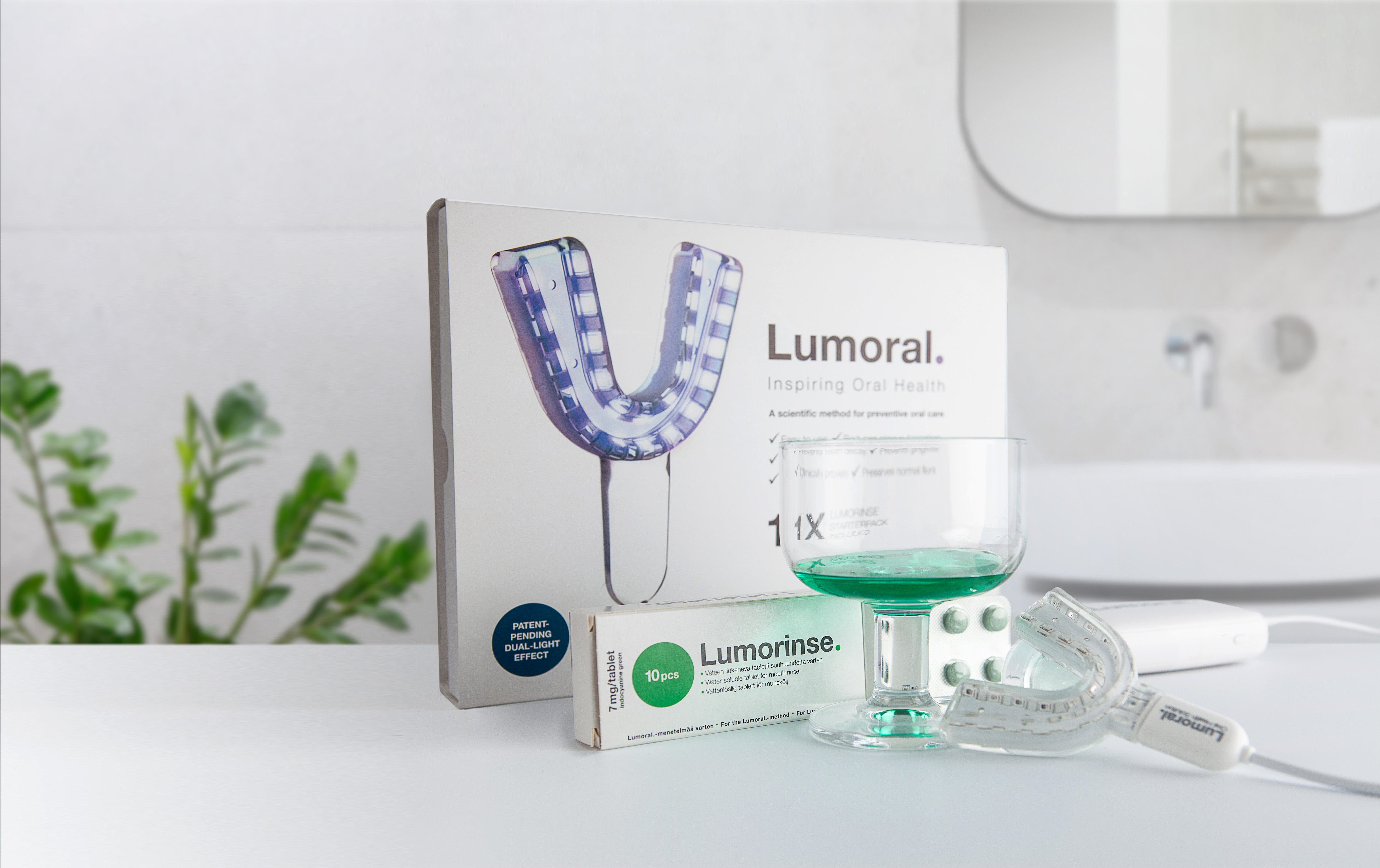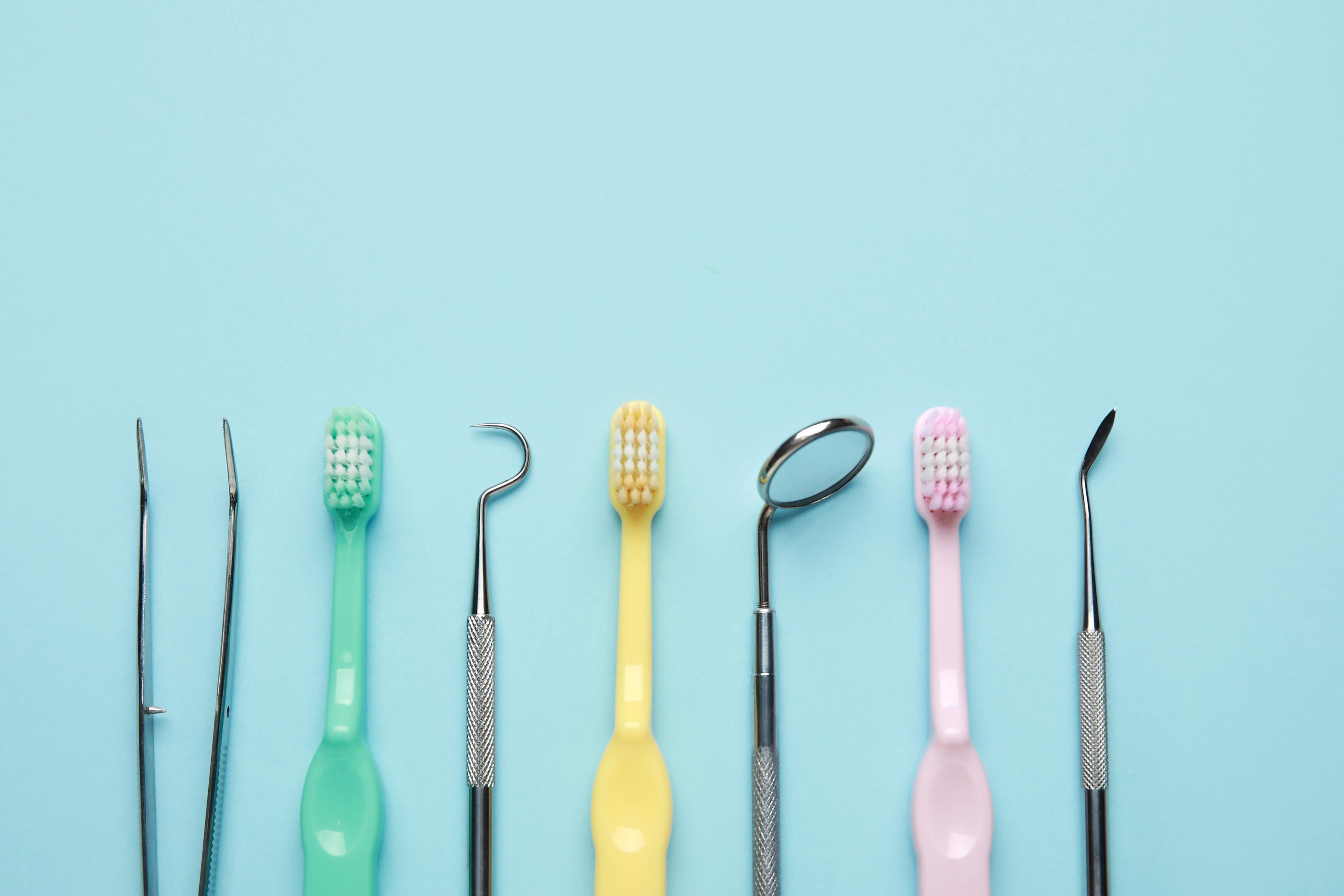- All posts
- 8 Media Venture
- althetics
- aMMP8
- Annimari Korte
- Antibiotic resistance
- Apotek Härtat
- Aqua Dental
- athlete
- Award
- Baltics
- Bonnier
- Bonnier News
- Brain health
- Business
- Cancer
- cardiovascular disease
- caries
- Chemo therapy
- children
- collaboration agreement
- Croatia
- Denmark
- Denta
- Dental erosion
- Dentex
- diabetes
- Dual Light
- Duodecim
- EFP
- EFR
- Estonia
- EuroPerio
- event
- Expodental
- FIBO
- fund raising
- general health
- Gingivitis
- Gum disease
- HAP
- HealthHub Pharma
- HIDES
- Hospital infections
- hospital-acquired pneumonia
- IBD
- Iceland
- IDS COLOGNE
- implantology
- invest
- investment
- italy
- Koite Health
- Latvia
- Lithuania
- lumoral
- Lumoral App
- Lumoral Junior
- Maritime industry
- Media
- MegaGen
- Movie
- News
- Nordic markets
- Nordics
- O
- Olympics
- Oral health
- Oral hygiene
- Oral mucositis
- Patent
- PDT
- peri-implantitis
- Perio Master Clinic
- Periodontitis
- periodontology
- Photodynamic therapy
- Press
- Ranking
- Romania
- Scandinavian Society of Periodontology
- Science
- Seafarer
- Seedtable
- share issue
- Shareissue
- Siblings movie
- Spain
- spots
- Stroke
- Study
- sweden
- Tartar
- techtour
- Thailand
- UK
- United States
- Valentine's Day
- WHO
- World Cancer Day
- World Health Day
- World Heart Day
- world oral health day
- World Smile Day

Nokia Rubber Workers' Sickness Fund Invests in Oral Health: Lumoral Reimbursement Added to Benefits
The Nokia Rubber Workers' Sickness Fund (Nokian Kumiväen Sairauskassa) has entered into a partnership agreement with Finnish health technology company Koite Health Oy, deciding to increasingly focu...

If you want to improve your athletic performance, there are many things you can do. Contrary to popular belief, maintaining optimal oral health can significantly impact athletic performance, as con...

Periodontitis and Diabetes: The Connection Between Two Common Diseases
Periodontitis and diabetes are two prevalent diseases with a strong bidirectional relationship between them. Poorly managed diabetes promotes the progression of periodontitis and complicates its tr...

In the field of dental care, changes are constant as fresh ideas shape the industry. A recent collaboration agreement between Finland’s Koite Health Ltd and Trading Co., Ltd. from Thailand is set t...

World Oral Health Day 2024: A Healthy Mouth Supports Brain Health
World Oral Health Day is celebrated annually on March 20th. This year's theme - A Happy Mouth… A Happy Body - emphasizes the connection between a healthy mouth and overall health. Dental and oral ...

Annimari Korte - "No more colds since I began focusing on my oral health."
Annimari Korte (35) is renowned for her sports track achievements and extensive sports career. However, many may need to realize that she is also a passionate advocate for oral health within and be...